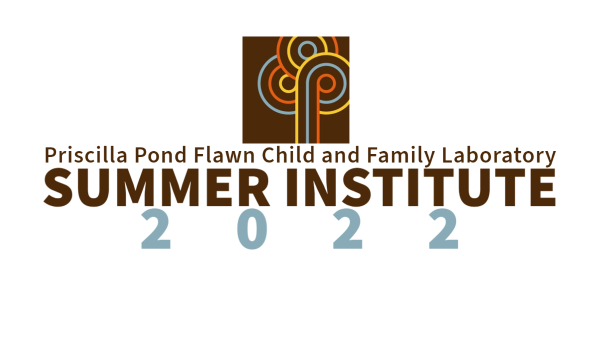
Registration is closed. If you have any questions, please email us at labschool@utexas.edu.
Day One
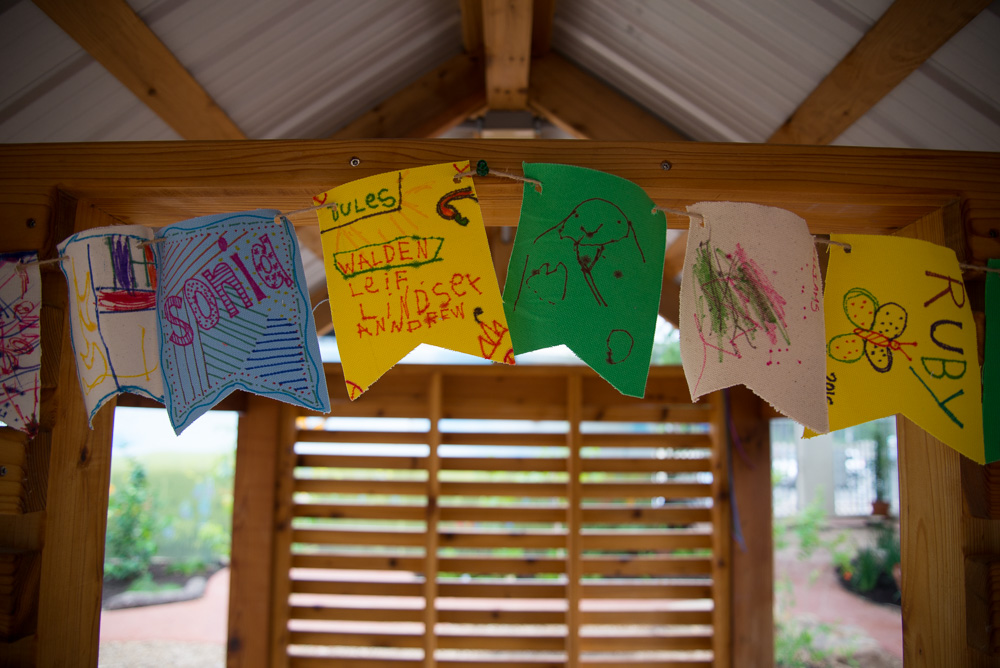 We are excited to have you here for the 2022 Summer Institute. Use the tabs to find out more about each session.
We are excited to have you here for the 2022 Summer Institute. Use the tabs to find out more about each session. Using Brain Science to Become a Better Teacher
Focus is on using basic brain science to understand how the brain works and how this understanding can lead to more effective guidance and discipline in the classroom. Brain-based discipline strategies are provided and discussed in detail.Lara Pauley, MEd | Assistant Professor of Practice
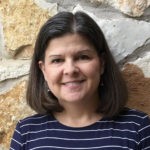
Lara Pauley is a trainer with over 30 years of experience in the field of early childhood. Lara currently works as a Master Teacher at the UT Lab School. She is an Independent Facilitator of the Love and Logic Early Childhood Parenting Made Fun!® curriculum. She has been the director of two NAEYC accredited child care programs, has taught in early childhood and college classrooms, and has worked as a case coordinator for Early Childhood Intervention. She has an M.Ed. in Early Childhood Education from UT Tyler and a B.S. in Child Development and Family Relationships from UT Austin.
Making the Most of Learning Through Guided Play
Guided play capitalizes on learning opportunities during free play and unites child-initiated play with subtle adult instruction. In this session, educators will examine the research-based benefits of guided play and explore the role of the teacher and environment in guided play experiences. This session will explore ways to use guided play to deepen the learning occurring in the classroom and incorporate content knowledge into play.Sarah Ozuna Brown, MS | Assistant Professor of Practice
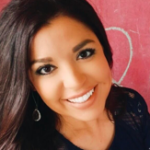
Sarah is an Assistant Professor of Practice at the University of Texas at Austin. She teaches and mentors undergraduate students at the Priscilla Pond Flawn Child and Family Laboratory, where she also teaches a group of preschoolers and young toddlers. Sarah graduated from Oklahoma State University with a Master of Science in Human Development and Family Sciences with a concentration in Family and Community Services. She received a Bachelor of Science in Human Development and Family Science with a Concentration in Early Childhood from The University of Texas at Austin.
Social Emotional Arts
Visual artmaking is more than a means of creating aesthetic objects. It is a type of meditation, a stress release, and a form of non-verbal communication. In this session, we will explore the theory of Social-Emotional Arts through several techniques, activities, and manipulatives that you can incorporate into your classroom. This session may also be useful for parents and individuals seeking self-regulation through art.Elizabeth Porter, MFA | Assistant Professor of Practice

Elizabeth Porter is the Master Teacher in the Dogwood and Magnolia classrooms at the Lab School. She received her bachelor's degree in Fine Arts from the University of Texas at Austin and her master's degree in Fine Arts from Hunter College (CUNY) in New York. She is a state-certified educator, with a specialization in early childhood art.
For the last five years, Elizabeth has been teaching elementary and early childhood art in public schools. She utilizes elements of Reggio Emilia, Waldorf, and Montessori approaches in her work with young children. In addition to being an educator, Elizabeth is an artist whose work has been exhibited in museums and galleries in California, New York, and throughout Texas.
Day Two
 Day two of the 2022 Summer Institute. Use the tabs to find out more about each session.
Day two of the 2022 Summer Institute. Use the tabs to find out more about each session. The Therapeutic Value of High-Quality Early Learning Programs: An Untapped Resource for Addressing Young Children’s Mental Health Needs
Mental health issues are on the rise in very young children, and there are not enough clinical providers to address these needs. But many young children attend early care and education programs. High-quality programs embody numerous elements of therapeutic care, making them untapped resources for addressing young children’s mental health needs. Throughout the pandemic, early childhood professionals were flooded with training opportunities around trauma-informed care. But little attention has been paid to how routine practices in high-quality programs can positively impact children’s mental health. This session will describe key features of effective therapy with young children and connect them to best practices in early care and education. The benefits of cultivating high-quality programs and leveraging daily practices to address children’s mental health needs will be explored.Amy Bryan, PhD | Associate Professor of Practice
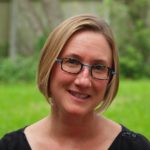
Amy Bryan holds a bachelor’s degree in Applied Learning and Development, a master’s degree in Clinical Social Work, and a doctorate in Human Development and Family Sciences. She has enjoyed successful careers in teaching, school counseling, and social work. Amy has taught a variety of undergraduate courses in Human Development and Family Sciences. In addition to serving as the director of the Priscilla Pond Flawn Child and Family Laboratory, she is a Licensed Clinical Social Worker and a Registered Play Therapist Supervisor in private practice. Amy’s research and clinical interests include early childhood development, education, and mental health—especially understanding and strengthening caregiver-child relationships.
Blocks Are Not Just for Building
The blocks center is often one of the most loved areas of an early childhood classroom. But what are they learning while they build? Could they be learning even more during block play? During this session we will talk about different ways to set up a block center, how to freshen up the center, and how to infuse academic content into it.Becca Rosenfield, MEd | Assistant Professor of Practice

Becca has a bachelor’s in Human Development and Family Sciences, with a focus in early childhood, from UT Austin, and a master’s in Educational Leadership and Policy Studies from UT Arlington. She is a certified teacher and has experience teaching Pre-K, 2nd, and 3rd grade in the public school system. Currently, Becca is an Assistant Professor of Practice at UT Austin where she teaches an experiential learning course for undergraduate students, as well as teaching a group of young toddlers and four and five year olds at the Priscilla Pond Flawn Child and Family Laboratory.
Books, Books, Everywhere!: Incorporating Books Throughout the Classroom
Reading should not be confined to the book corner! This session will answer the question: how can I incorporate books into various content areas throughout my classroom? We will tie concepts found in several modern, culturally diverse, and lovable books to specific activities that can be brought into your classroom. We'll focus on content areas that don’t typically get the reading treatment including science, math, and sensory.Lily Kress, BS | Administrative Associate
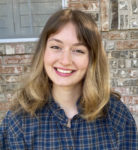
Lily graduated from the University of Texas at Austin in December of 2019 with a degree in Applied Learning and Development and a minor in Educational Psychology. She recently worked as an assistant at Pure Realty where she took on many administrative duties. She has a passion for early childhood education and has enjoyed tutoring elementary aged children and volunteering in the school library. She loves to read, hike, cook, and play with her cat Lovey when she has free time.
Adriana Threet, BA | Assistant Teacher

Adriana was born and raised in Austin with her older brother and three younger siblings. She graduated from Westwood High School in 2010 and then took a break from school to nanny full-time. Adriana graduated from UT Austin with a bachelor's degree in Pscyhology, minor in Sociology, and a focus on Child Develment. Since January 2020 she has worked as a teaching assistant the Priscilla Pond Flawn Child and Family Laboratory in numerous classrooms. In her free time she enjoys working on jigsaw puzzles, camping in the mountains, and cuddling with her black cat Emmy.




